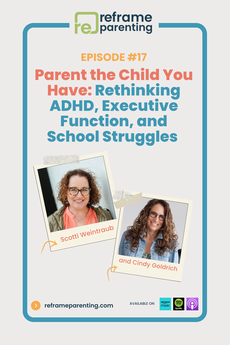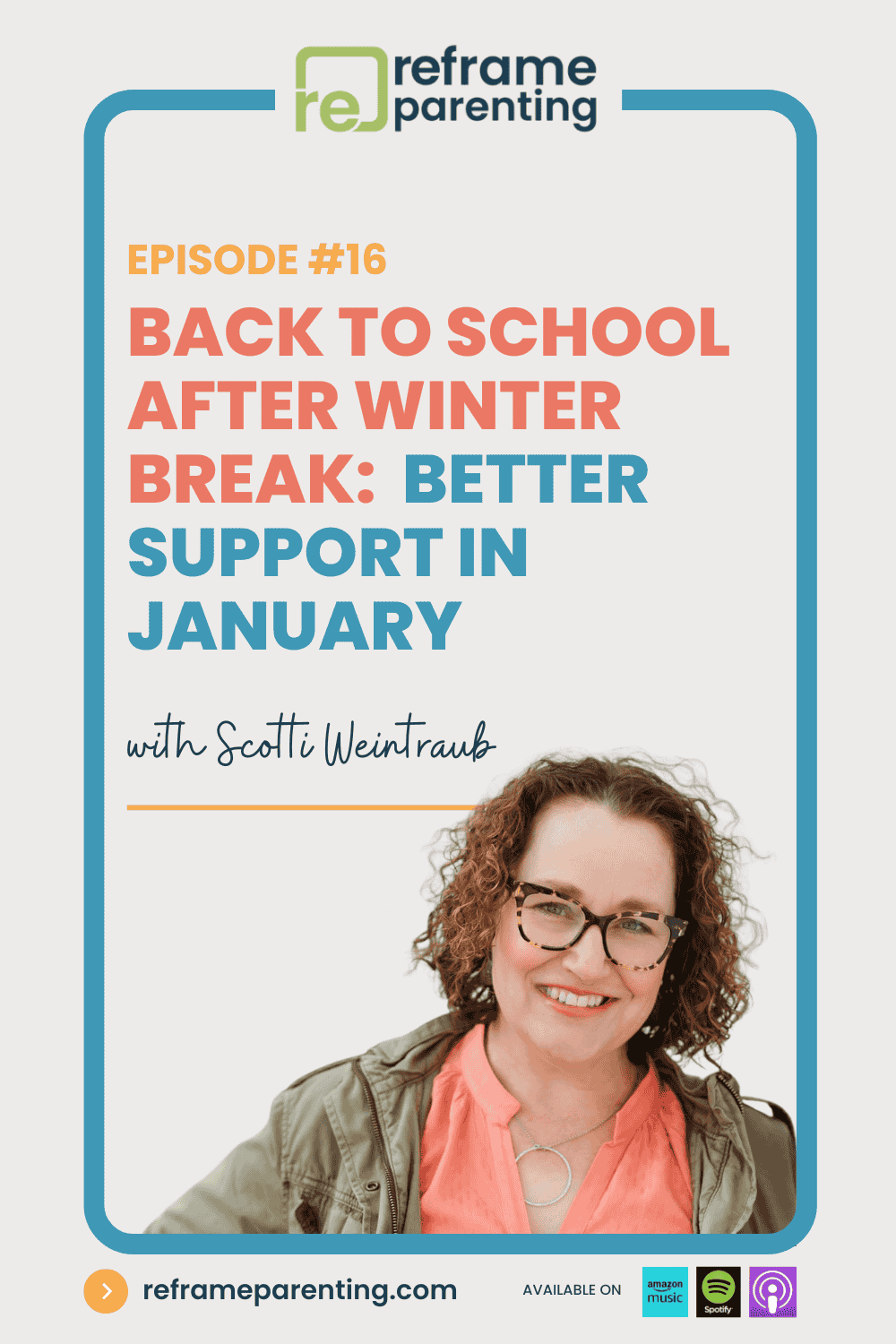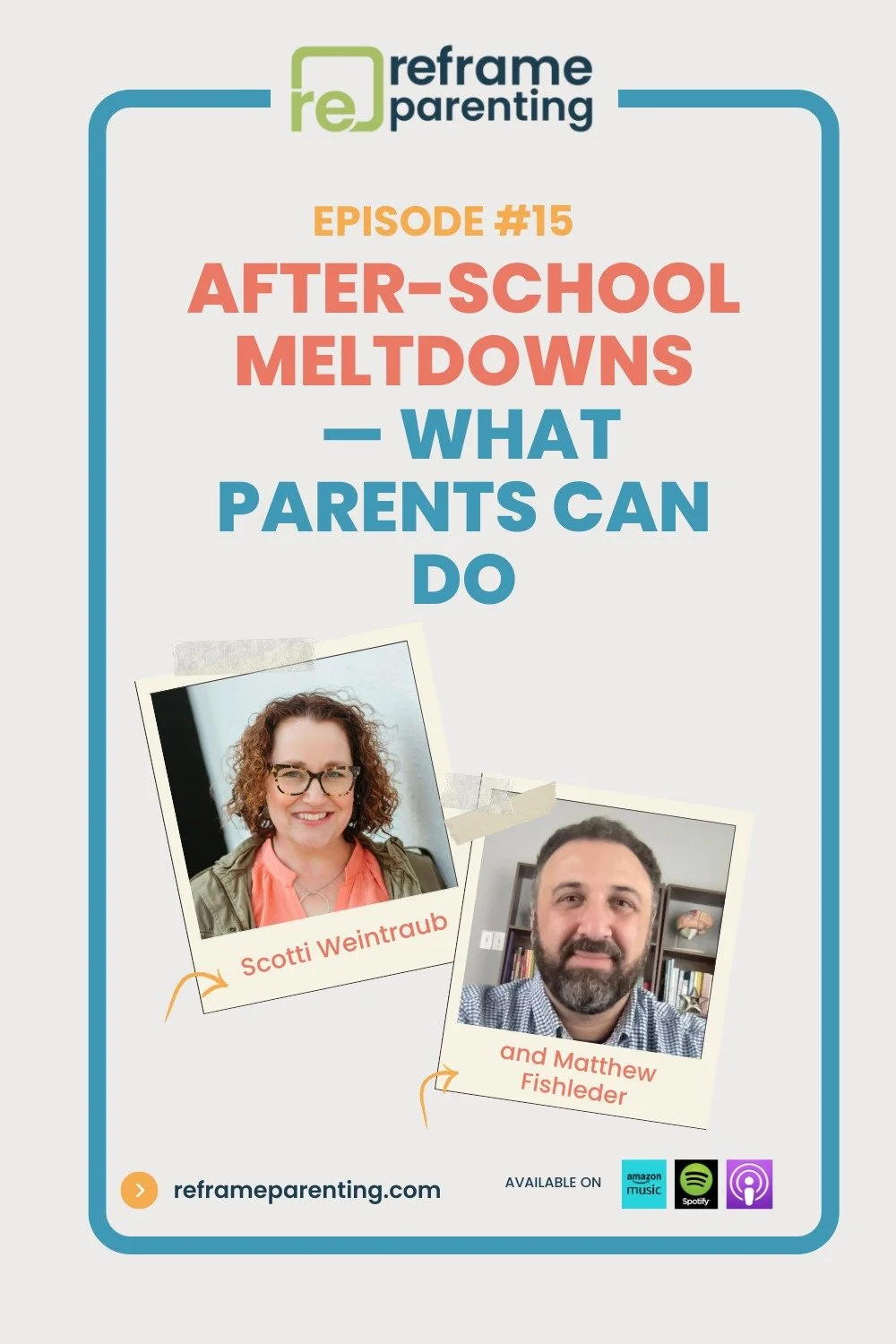Conquering After school Restraint Collapse: Practical Parenting Tips for Peaceful Transitions
Does this sound familiar? You pick your child up from school, and within minutes—bam! A meltdown over something simple like the wrong snack, a shoe that feels “weird,” or a sibling breathing too loudly in the backseat. An after-school meltdown, (officially known as “After school Restraint Collapse”) can feel like it’s come out of nowhere. And it can leave parents feeling confused and baffled.
“They were just having fun on the playground two minutes ago.”
“They seem to only do this when I pick them up, not when they go to the after school club.”
Or even - “why does it feel like it’s directed at me?”
What Is Afterschool Restraint Collapse?
Coined by psychotherapist Andrea Loewen Nair, “afterschool restraint collapse” describes the emotional unraveling that can happen when kids return home after a day of holding it together at school.
Think of it like a balloon that gathers air little by little all day, holding it all in, only to explode once they reach their safe space at home.
All day long, kids are managing a lot of expectations: sitting still, waiting their turn, navigating peer dynamics, staying quiet when they’d rather shout, and coping with schoolwork that might feel confusing or overwhelming.
That’s a big ask, especially for kids who are sensitive, neurodivergent, or simply still developing emotional regulation skills. The pressure gathers throughout the school day until they finally return to a place they feel safe - that’s you! - and they let it all out.
Here's the beautiful truth: your child falling apart in your presence is actually a testament to your connection.
When they see you—their safe person—their brain finally says "Whew, I can let go now." It's like emotional exhaling. The meltdowns aren't a sign of bad behavior; they're a sign of trust.
And don't think this is just a little kid thing! Teens and tweens experience this too, though it might look different. Your high schooler who grunts one-word answers, immediately disappears into their room, or suddenly snaps over homework questions is likely experiencing the very same emotional release.
If we stop and think about it, even adults need transitions and time to decompress after a long and draining day of work!
What does afterschool restraint collapse look like?
I know exactly how hard it is to see your sweet kid (or big teen) turn from pleasant and cheery into an emotional tornado. In case you need to hear it again - it’s not your fault! And you’re not failing, promise.
You might see:
The waterworks. Tears flowing over seemingly NOTHING. "You cut my sandwich wrong!" cue dramatic sobbing
The hangry monster. That kid who can't even form words until they've inhaled a snack or 10.
The couch potato. They literally cannot move another muscle and dramatically flop wherever they land preferably with a fuzzy blanket.
The rage machine. Everything is WRONG and everyone is MEAN and WHY CAN'T THE WORLD JUST UNDERSTAND?!
The silent treatment. All your cheerful questions about their day are met with grunts or blank stares.
4 strategies to tame the chaos
Know how to fight the hunger games - Keep protein-rich, easy snacks at the ready. I learned to hand food over before asking a single question. Car snacks? Absolutely essential. When my kids were younger, I kept snacks in my purse at all times. Now that they get themselves home from school, I just make sure we have a lot of snacks they like available. Fed kids (of any age) = slightly more rational kids.
Create a Decompression Zone - As soon as they get in the car, or walk in the front door is NOT the time for conversations or activities. Some kids need physical activity to reset so some time spent on the playground or on the trampoline at home can be an excellent use of time. Other kids need quiet and alone time in their room, in front of a TV show, or even reading a book. Follow their lead on what helps them transition.
Lower Those Expectations (Like, Way Lower) - If you notice your child has a hard time with after school transitions, it’s not the time for piano practice, dentist appointments, homework battles, or deep conversations about their day. Just survive the witching hour - that’s the goal. I remember finally accepting that nothing productive was happening between 3-5pm, and life got so much easier. Find a later time to tackle that math worksheet or chat about their day.
The Magic of "I See You're Having a Hard Time" - Sometimes just naming what's happening helps. "Looks like school took a lot out of you today. It's okay to feel overwhelmed." No fixing required—just witnessing their struggle makes kids feel less alone in it.
By understanding what's happening in their developing brains and responding with compassion instead of frustration, you're building their emotional intelligence and deepening your connection.
Finding Your Way Through the Afterschool Storm
Remember that underneath all that big emotion is a child who's worked incredibly hard all day. Whether they're 5, 15, or even your college kid home for the weekend, that emotional release means they trust you enough to let their guard down.
These moments of vulnerability—as chaotic as they may feel—are actually opportunities to strengthen your connection. By responding with understanding instead of frustration, you're teaching them that all emotions are acceptable, even the messy ones.
So the next time your little one throws a tantrum over the wrong color cup or your teenager slams their bedroom door, take a deep breath and remind yourself: this isn't about you. It's about a young person who's done their very best all day long and finally feels safe enough to let go.
Ready for a Personalized Afterschool Strategy?
If you're struggling with after school meltdowns and need more individual support, I'm here to help! Book a free 30-minute discovery call with me today to develop a customized plan. Together, we'll identify your biggest pain points and create practical solutions that work for YOUR family - both during and after school.
Because you deserve an after school routine that doesn't leave everyone in tears—including you!








